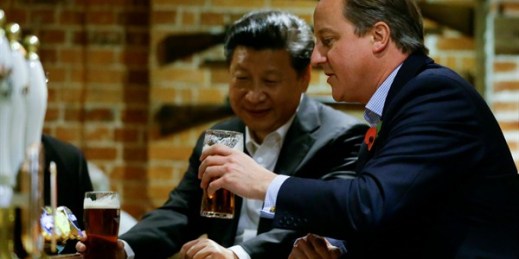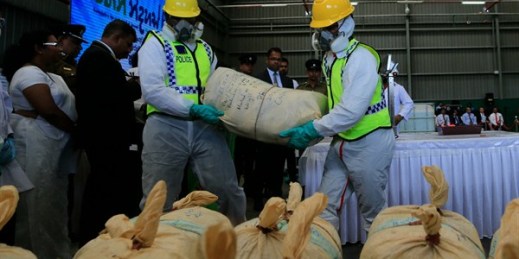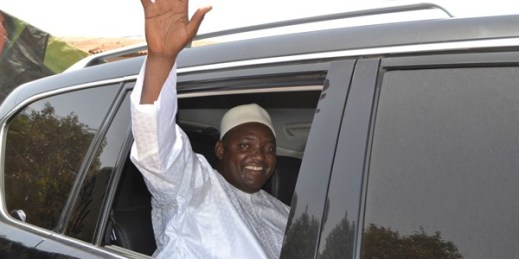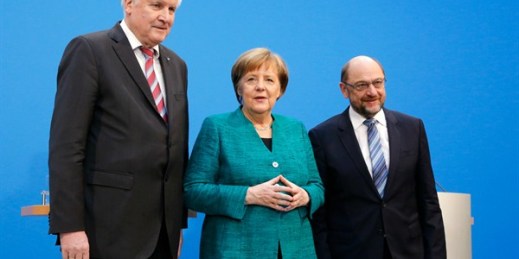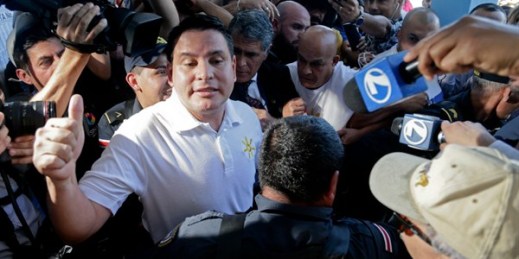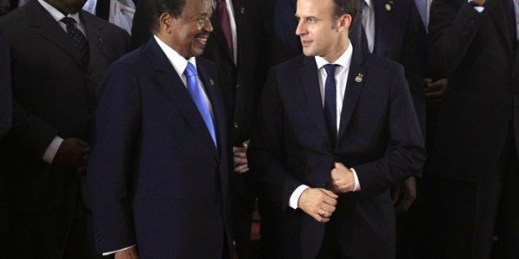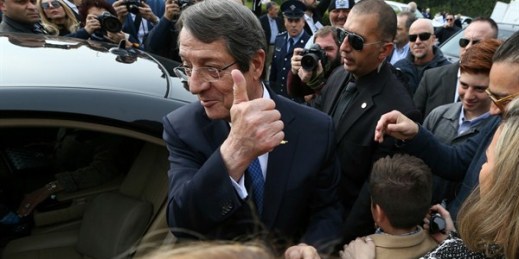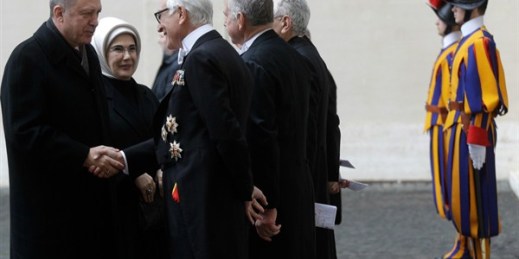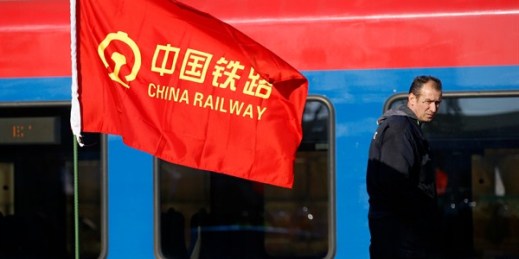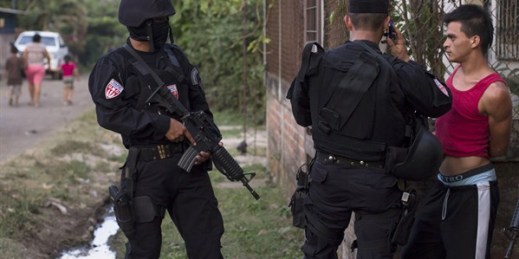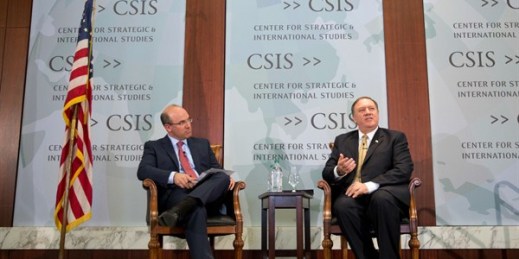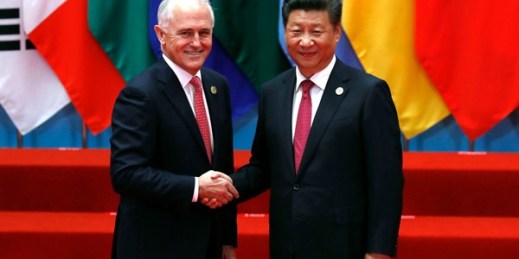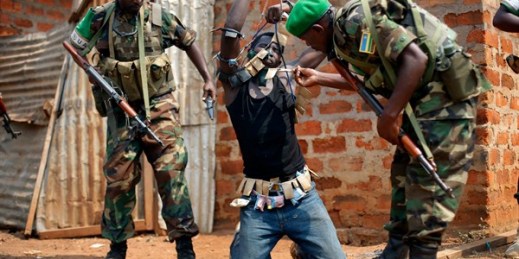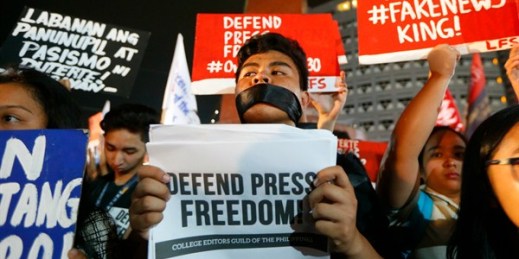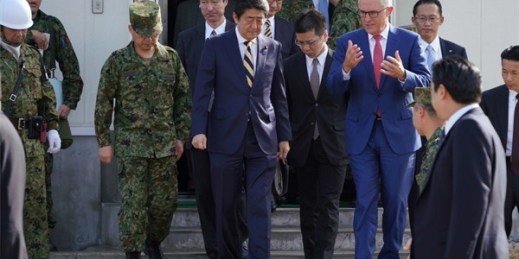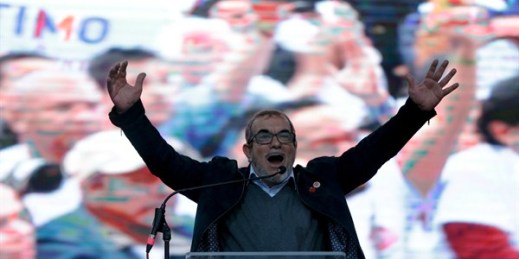
Less than three weeks ago, Colombians saw a familiar face splashed across every news platform. The man known by his nom de guerre “Timochenko,” the leader of what used to be Colombia’s largest guerilla group, which fought government forces for more than half a century, was formally launching his campaign for the presidency. As the head of the Revolutionary Armed Forces of Colombia, or the FARC by its Spanish acronym, Rodrigo Londono had commanded thousands of men and women in a campaign for a radical Marxist revolution. But Londono also guided the militia to a peace deal in 2016, vowing […]

